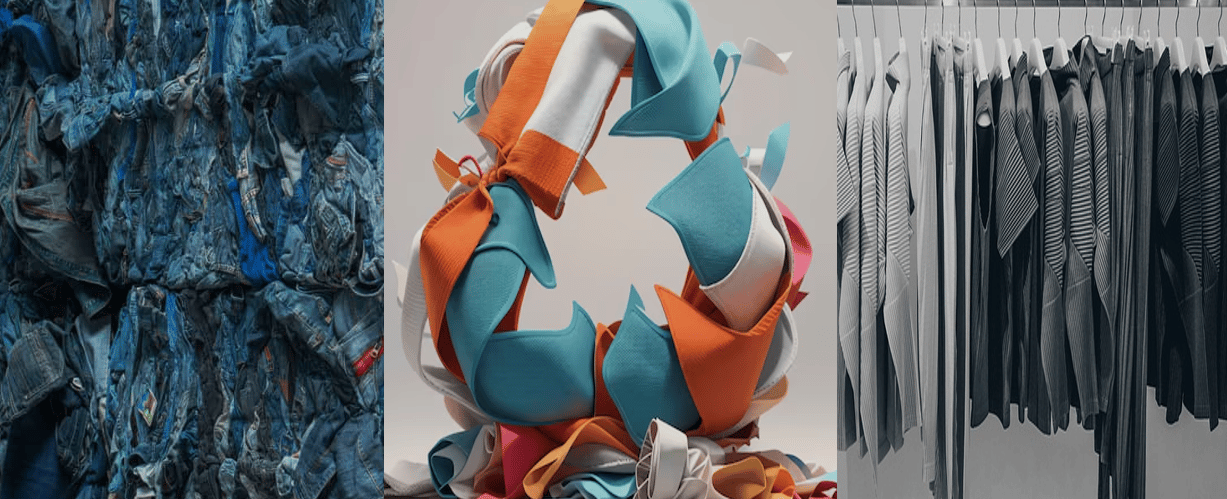Our Journey Towards Sustainability
Sustainability refers to the ability to meet our present needs without compromising the ability of future generations to meet theirs. It emphasizes a balanced approach to environmental, social, and economic health. Sustainable practices are essential for reducing carbon emissions, which significantly impact human health and the planet. To create a better world, we must adopt renewable energy sources, promote energy efficiency, embrace sustainable agriculture, and reduce waste. Additionally, fostering a culture of conservation and encouraging individuals and businesses to make environmentally friendly choices can lead to substantial changes. By collectively prioritizing sustainability, we can create a healthier environment, improve quality of life, and ensure that future generations inherit a thriving planet. Ultimately, our actions today will determine the legacy we leave behind, making it crucial to act with intention and responsibility.


what is sustainability?
Our Vision
Sustainable fashion is reshaping the industry and positively impacting the world by prioritizing our planet's health. By embracing innovative technologies that reduce carbon emissions, we are making significant strides toward a more sustainable future. Our commitment to minimizing our water and carbon footprint has led to a remarkable reduction of 50% in carbon dioxide emissions and an astounding 99% decrease in water usage compared to traditional garments made from virgin materials. This transformative approach not only conserves vital resources but also cuts overall energy consumption by half. As fashion meets sustainability, we are paving the way for an eco-conscious industry that champions both style and responsibility, ultimately contributing to a healthier planet for generations to come.

Recycle in Textiles & Garments
Textile recycling is the process of recovering fiber, yarn or fabric and reprocessing the material into new, useful products. Cotton is widely used fiber in garments production. 27 million tons of cotton are produced a year. The same as 27 t-shirts for everyone on Earth. By 2028, cotton production is projected to reach 29 million tons. From 27.3 billion kilograms of cotton which 15% remains unused, mainly by cutting waste. That amounts to 4.1 billion kilograms of usable cotton, equivalent to 109,750 Cargo loads of goods, functional material. This is the primary reason we use the textile industry cotton waste as our raw material.
Another important reason most of our clothes are made from conventionally produced cotton that use massive amounts of pesticides and freshwater. On top of that, the use of child labor and slavery is widespread in the industry. Cotton is a very pesticide-intensive crop. It is grown on 2.5% of the world’s agricultural land but consumes 16% of all the insecticides and 7% of all herbicides used worldwide - that’s more than any other crop in the world. Very harmful chemicals are used on cotton crops, including nerve agents and neurotoxins. Almost 1kg of hazardous pesticides is used globally for every one hectare of cotton cropland. US$ 3.3 billion of chemicals are sprayed on cotton crops globally every year. Children and pesticides - not a good mix. That is the reason we collect used garments further recycled to making a new product. Which idea asist to reduce our water and carbon footprint, resulting in 50% less carbon dioxide emissions and 99% less water usage than similar garments made from virgin materials. In addition, the overall consumption of energy decreases by 50%.


Learn More About Sustainable Fashion
Explore our sustainable journey through engaging vlogs and impactful articles.








Enjoy Rycl
Join us as we share our vision and passion for recycling through engaging vlogs and articles.
Customer Reviews
Read what our viewers say about our recycling vlog and vision.
This vlog inspires me to recycle more and be environmentally conscious.
Emily Johnson
San Francisco
wonderful way to loving earth
Michael Smith
New York
★★★★★
★★★★★
Sustainability
Fashion that respects Finnish culture and tradition.
© 2024. All rights reserved.
